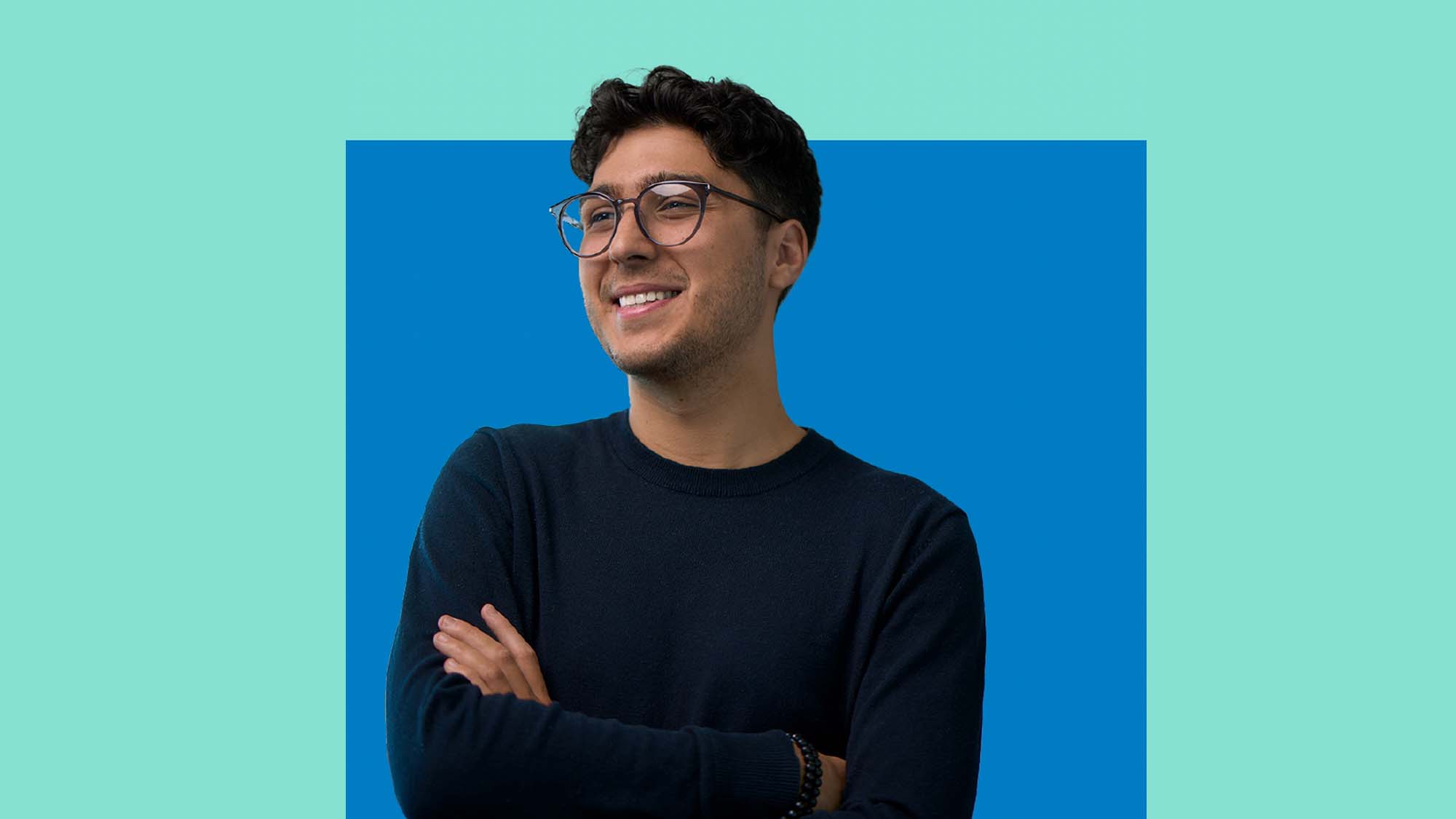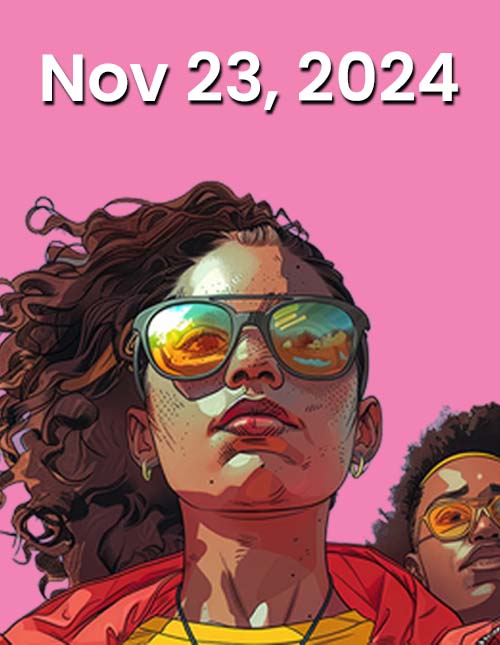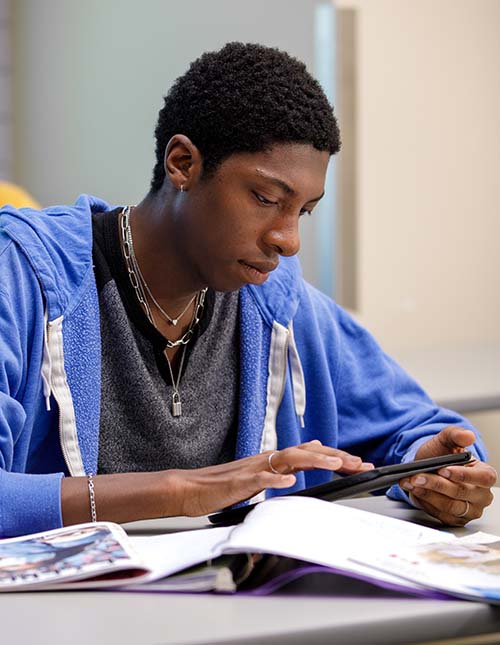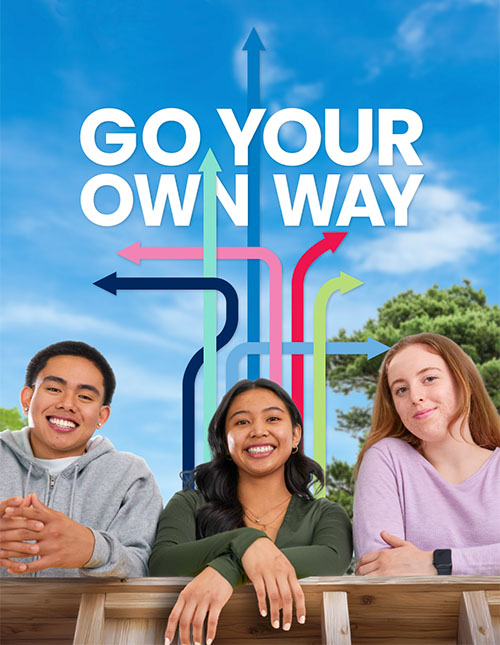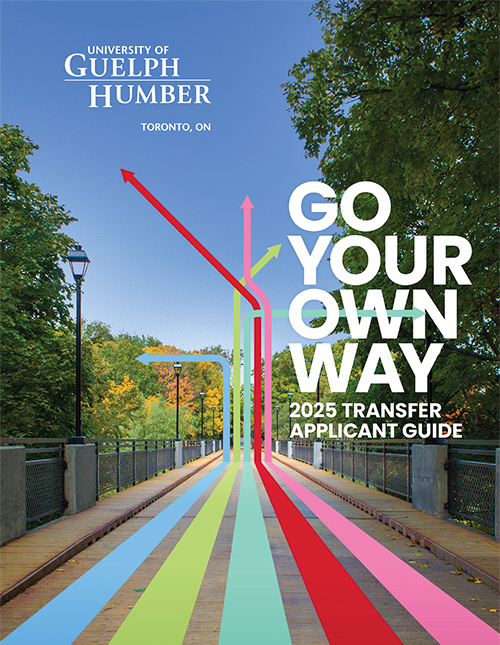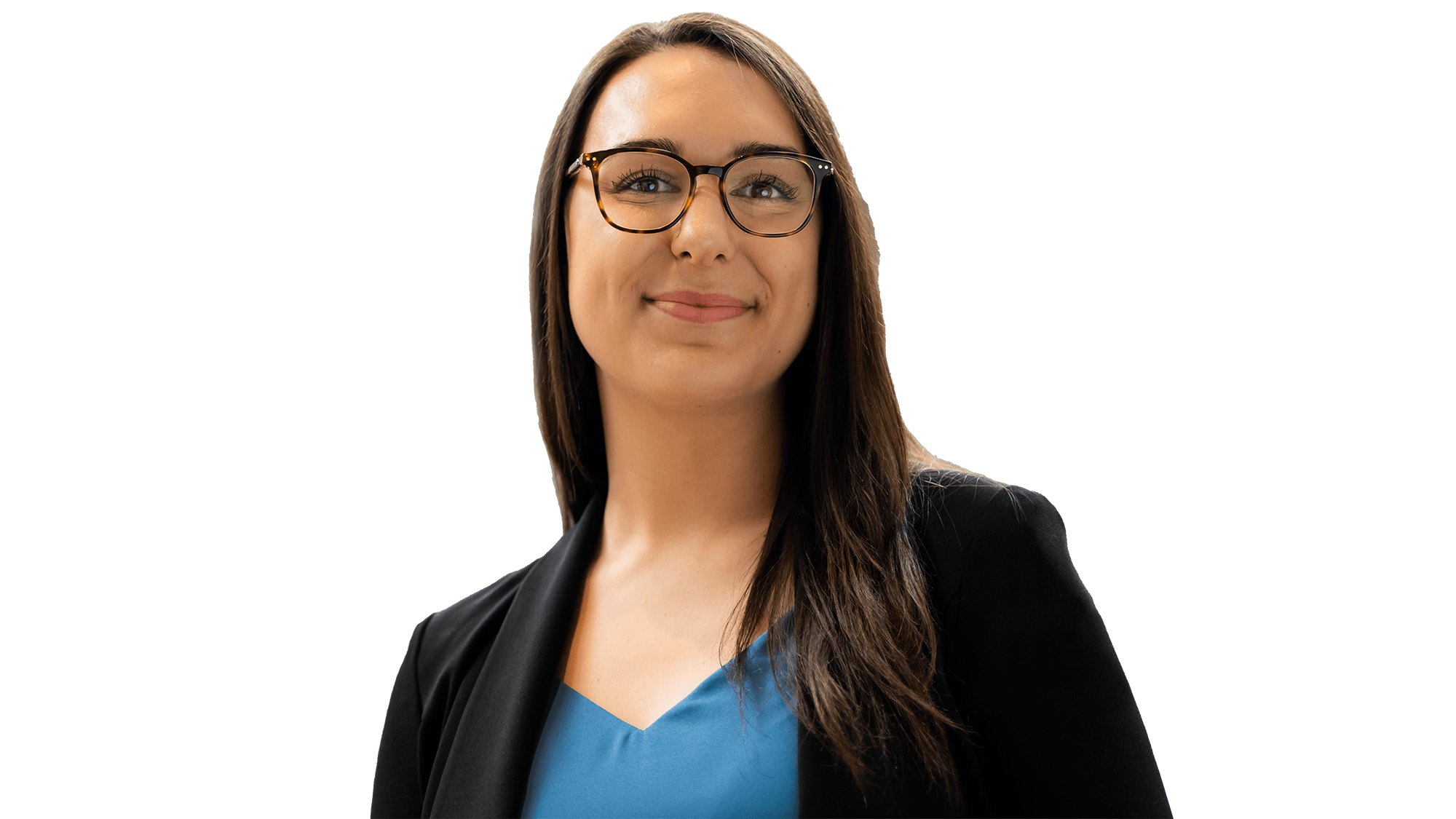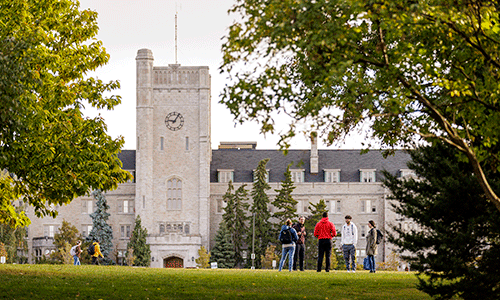Early Childhood Studies
Earn 2 Credentials
HONOURS BACHELOR OF APPLIED SCIENCE IN EARLY CHILDHOOD STUDIES
from the University of Guelph
+
DIPLOMA IN EARLY CHILDHOOD EDUCATION
from Humber
Future options include:
- Play Therapist
- Early Interventionist
- Occupational Therapist
- Resource Consultant
- Behaviour Therapist
- Registered Early Childhood Educator
- Child & Family Therapist
- Early Learning & Care Supervisor/Director/Owner
- Children’s Lawyer
- Research & Policy Analyst
- Advocacy Specialist
- Consultant
- Child Protection Specialist
Graduate school and further education
- Bachelor of Education (Teachers College)
- Master of Science in Speech-Language Pathology
- Master of Arts in Child Study & Education
- Master of Social Work
- Bachelor of Nursing
- Master of Arts in Immigration & Settlement Studies
- Master of Library & Information Science
Note: Some careers and entry into further education may require additional study.
If you don't see your career goal listed here - talk to us! There are many more options.
What will I learn?
Become a professional who supports and positively impacts children's lives.
Unlike traditional science degrees, no science prerequisites are required. We'll teach you through our innovative approach, which integrates psychology, neuroscience, education and health.
Learn about the physical, cognitive, emotional and social development from prenatal stages to age 12; how environments and relationships influence growth and well-being; to create safe spaces of belonging and support mental health; and how to integrate safe technology into play. Explore inclusive and culturally responsive learning environments and advocacy for children's rights.
1st year: Introduces you to the domains of child development and theories and foundations of early childhood.
2nd year: Learn the basics of human anatomy and physiology; how to create curriculum; observation and research skills; dynamics of relationships; and how biases impact our interactions with children and families.
3rd year: Learn the complexities of children's mental health and how to plan and implement therapeutic interventions designed based on children's unique developmental needs.
Specializations
In your third year, you have the option to focus your studies through one of three specializations.
- Children's Futures (first in the world to offer this specialty): Prepare to shape a brighter tomorrow by anticipating and responding to the evolving needs of children through innovative, ethical, and future-focused strategies. Courses include Ethics & Privacy with Children, Technology & Innovation, and Designing for the Future.
- Infant & Child Mental Health: Explore more to further prepare yourself to support the emotional and psychological well-being of children by understanding the complex factors that shape their mental health from infancy through early childhood. Courses include Developmental Neuroscience, Social Epigenetics, and Grief & Loss.
- Pathway to Child Life: Prepare for a fulfilling career as a Certified Child Life Specialist, completing the coursework required to gain the expertise needed to support and empower children and families in pediatric healthcare environments. Courses include Development in Adolescence, Introduction to Child Life, and Grief & Loss.
If you choose not to do a specialization, then you select three of the italicized electives above.
4th year: Your fourth year emphasizes professional skills such as leadership, collaboration, and administration. You also continue with courses related to your specialization.
Explore your courses

Popular course: Mental Health & Trauma
- Infant & Toddler Development
- Children with Exceptionalities
- Science of Play
- Assessment & Intervention
- Supporting Children's Voices
- Advocacy & Leadership
Note: Courses listed above are a selection from all four years of the program. For a course breakdown by year, click on the Program Overview below.
Up to 800+ hours of workplace experience
Winter:Job shadowing will help introduce you to early learning and care settings.
Winter:Experience an early learning and care setting.
Fall/Winter:Participate in a placement related to inclusion and special needs. Gain knowledge in community-based organizations.
Fall:Select a setting tailored to your career aspirations and knowledge base. You could choose to end your placement hours at this point (608 hours) and continue with a research thesis.
Winter:Continue in your placement.
PLUS!
Borrow from our extensive collection of educational and therapeutic materials and toys in the Early Childhood Studies Resource Room to enhance your placements. Examples include Paro the therapeutic seal pup (robot) and virtual reality headsets. Learn more about Paro!
Past placements include:
- Children’s mental health centres
- Children's advocacy
- Community-based family organizations
- Early intervention and prevention programs
- Inclusive early learning and care centres
- Hospital child life units
- Primary school classrooms
- Therapeutic environments
Note: You will be required to complete a Vulnerable Sector Screening, documentation of immunization and a First Aid/CPR certificate prior to placement.
#GHApproach
Profs in the industry
You are taught by professionals currently working in their field. They will tell you what they’re experiencing in the workplace in real time.
Hands-on exploration
You will get hands-on experience through a variety of in-class activities and topics including:
- STEM with aspects of play and curriculum development
- Literacy – exploration of storytelling methodologies, the science behind the acquisition of literacy and pre-literacy skills
- Math – embracing the teaching of mathematical concepts through play and exploration
- Culture – exploring the values of play and how children play in Canada and throughout the world
- Music and movement – embracing music as a form of expression for children and discovering how to use movement in early learning settings
- Art – developing an appreciation of the communication that happens through children’s artistic expressions
- Sensory experiences – experiment with a wide variety of sensory experiences that can be used with infants and young children
- Technology – integrate ethical and effective technology use into curriculum programming
Interactive classroom
See first-hand how learning environments can support diversity and inclusion for children with a range of abilities when you use our interactive classroom full of SmartBoards, integrative learning technologies and kinesthetic learning modalities including AR/VR.
Safe spaces
Once you experience, it you’ll recognize it. U of GH creates a tremendous sense of safety through the support of the Chairs, professors and staff. Feel comfortable to share your voice and care for your mental health.
Learn outside of class
Community outreach & leadership
Volunteer with your peers to support important social causes or community projects. Students have raised funds for Holland Bloorview Kids Rehabilitation Hospital, served meals to families at Ronald McDonald House, and participated in campaigns for initiatives such as World Down Syndrome Day.
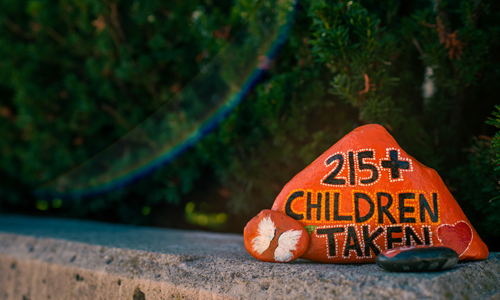
Support professional excellence
Be part of the annual Becoming Leaders of Open Mentorship (BLOOM) Gala. Help recognize the impact and leadership of our students, instructors and community leaders for the difference they're making in the lives of children and families. Nominations are student driven.
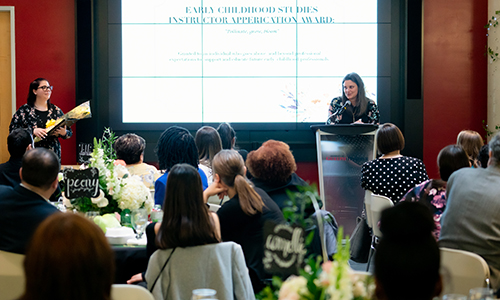
Societies
Societies are related to our programs and offer activities outside of class. They can help you develop leadership skills, gain professional experience and network. Look into the ECS Society’s many volunteer activities and check out our Clubs and Societies page.
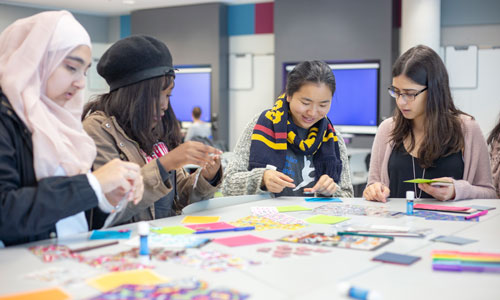
Extra! Extra!
U of GH offers more extracurriculars for students in all programs. Learn more on our Extra! Extra! page.
Travel and learn with study tours (10 days) and Study Elsewhere (one semester). Visit our Global Learning Opportunities page for details!
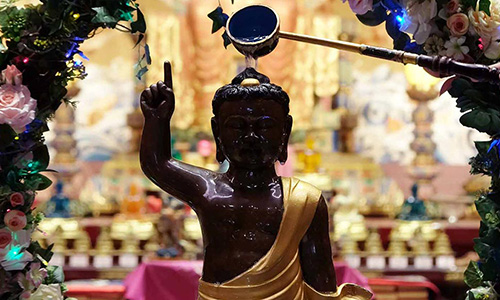
After graduation (unique opportunities)
Heading to law school
Graduate ready for Canadian law school or take advantage of our partnerships in England. Earn a senior status law degree (LLB) with The City Law School, City, University of London in just two years without an LSAT requirement, or a Master of Law (LLM) through distance learning with the University of London in one year (full-time) or up to five years (part-time). Both with reduced tuition.





